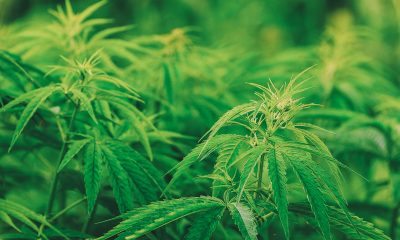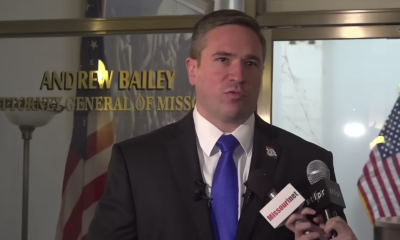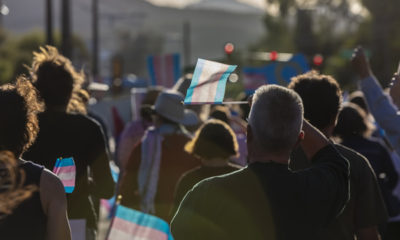Health
Holidays can exacerbate depression among LGBT people
Family pressures, political disagreements create stress for many
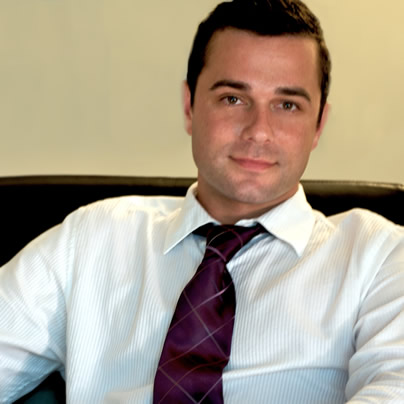
Are LGBT Americans more susceptible to depression?
Numerous studies suggest discrimination, homophobia and even family rejection leave this population particularly vulnerable to this condition and other mental health disorders. And while there are no reliable statistics to indicate specific rates of depression among LGBT Americans, local mental health providers with whom the Washington Blade recently spoke said the holiday season can exacerbate symptoms.
“The holiday season has a lot of associations with family, togetherness and unfortunately many people in the LGBT community have experienced some family loss, whether it was the loss of relationships, being ostracized or not accepted,” Dr. Gregory Jones of District Psychotherapy Associates in D.C. told the Blade. More than 70 percent of his patients are LGBT. “So often times during the holiday season, people feel reminded of this.”
Dr. Marc Dalton, director of Dalton Psychiatric Services in D.C., noted family along with money and general hard times contribute to depression during the holidays. Like Jones, he said relationships with friends, family and significant others “can become more paramount” during this time of the year.
“Stress is more relevant when you have to leave and go back to your family,” Dalton said. “When you have trouble with family accepting you and understanding your lifestyle, the stress of bringing someone back into that environment and how they’re going to treat that person, how they are going to treat you together. It’s already stressful for someone in heterosexual relationships when they bring someone into the family and having to navigate those social waters.”
Dalton added family members with different political and religious beliefs can cause further stress. He and Jones both noted LGBT people are sometimes unable to visit relatives because they have either shunned or rejected them because of their sexual orientation or gender identity and expression.
“I often times encourage them to kind of turn to family of choice, so they often then feel more susceptible to feelings of rejection from friends if they’re available,” Jones said. “It’s a time of year that is a mile-marker that most everyone can recognize, think back and reflect on their experiences. For those who do not have an ideal support system, the holidays can be tough.”
Depression affects estimated 17 million Americans
The American Psychological Association notes those with depression may exhibit a lack of interest and enjoyment from daily tasks, significant weight loss (or gain,) insomnia and a lack of energy and concentration. Some may experience persistent thoughts of death and even suicide.
The 2011 Centers for Disease Control and Prevention study found lesbian, gay and bisexual youth are four times more likely to attempt suicide than their heterosexual counterparts. Doctors Arnold Grossman of New York University and Anthony D’Augelli of Pennsylvania State University noted in a 2007 study in the American Association of Suicidology that nearly 50 percent of young transgender people have “seriously” considered suicide, and a quarter of them have attempted to take their own life.
The National Institute of Mental Health estimates 17 million American adults live with depression during any given year-long period. Medications, psychotherapy and/or a combination of both treatments can prove effective in treating those with depression.
Stigma remains barrier to treatment
The Dec. 14 massacre at Sandy Hook Elementary School in Newtown, Conn., that left 20 students, six teachers and administrators and the alleged gunman’s mother dead has sparked renewed calls to reform the country’s mental health system. Stigma, however, remains a significant barrier to those with depression and other mental health conditions from seeking treatment.
“People internalize that going into therapy or seeking mental health treatment is a sign of weakness,” Jones said. “I actually consider it a sign of strength. It’s knowing when to reach out and when things are beyond your scope of control and abilities.”
Access to mental health care providers can pose another challenge.
Those of a higher socio-economic status who live in D.C. and other urban areas may have better access to psychologists, psychiatrists and other mental health providers. Those who rely upon an insurance company or public assistance for their health care, however, may not have as much access to affordable and competent mental health care professionals.
An additional hurdle those with depression and other conditions face is a lack of mental health providers who are comfortable treating their LGBT patients’ unique needs.
“Even though we’re trained in our particular medical school or if you’re a psychologist if you go through your Ph.D. studies or your clinical studies, some folks are still not good at it, are not ‘gay’ or LGBT-affirming,” Dalton said. “That’s really important for a lot of my friends who I’ve talked to. They really want that security.”
Resources
The D.C. Department of Mental Health’s website contains a list of local providers and other information for those who are suffering from depression and other mental health disorders. Whitman-Walker Health offers group therapy sessions and a variety of other services and treatment options to those with mental health-related issues.
The Trevor Project, the Mautner Project and the Association of Gay and Lesbian Psychiatrists provide additional resources on suicide prevention and LGBT-specific information on other mental and general health-related issues.
Health
UNAIDS to commemorate Zero Discrimination Day’s 10th anniversary
UN agency urges global action to protect human rights
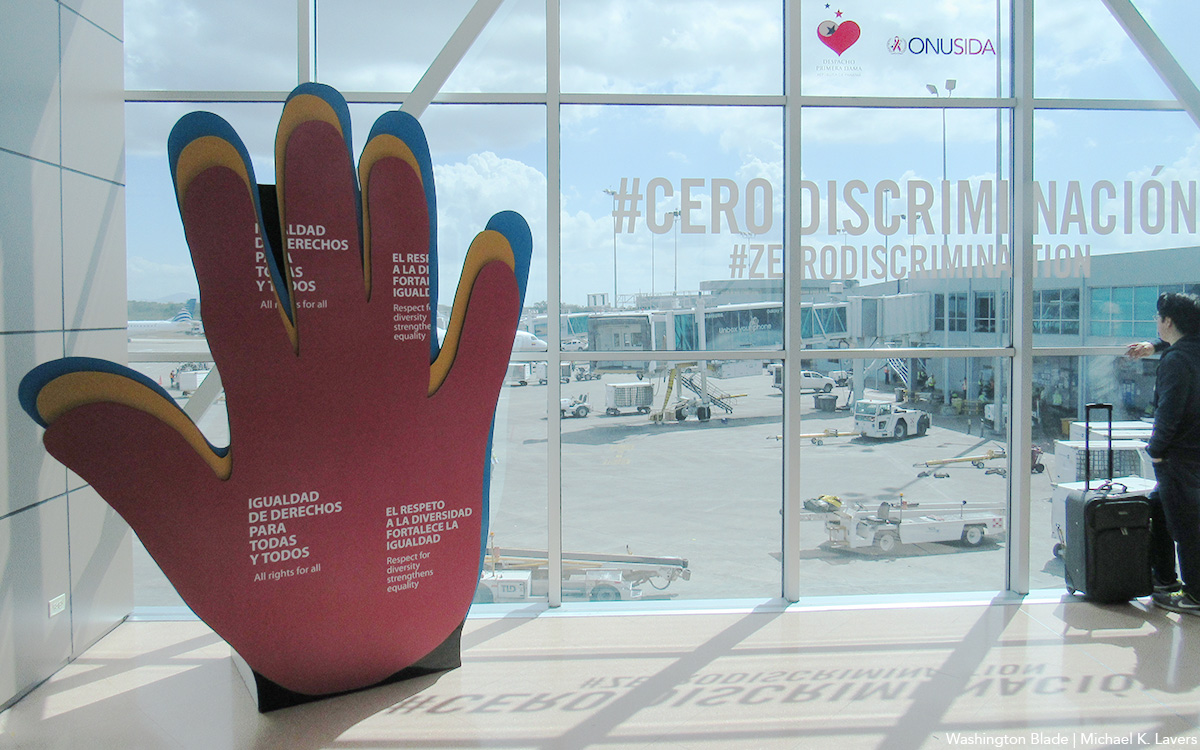
As the world marks the 10th anniversary of Zero Discrimination Day; UNAIDS is sounding the alarm on the increasing threats to human rights, calling for renewed efforts to protect the rights of all individuals as a fundamental step towards ensuring health for everyone.
Established by UNAIDS a decade ago, Zero Discrimination Day aims to promote equality and fairness regardless of gender, age, sexuality, ethnicity or HIV status. The progress achieved over the past years is now in jeopardy, however, due to rising attacks on the rights of women, LGBTQ people and other marginalized communities.
UNAIDS Executive Director Winnie Byanyima emphasized the critical link between protecting human rights and safeguarding public health.
“The attacks on rights are a threat to freedom and democracy and are harmful to health,” she said in a press release. “Stigma and discrimination obstruct HIV prevention, testing, treatment and care and hold back progress towards ending AIDS by 2030. It is only by protecting everyone’s rights that we can protect everyone’s health.”
Despite challenges, there has been notable progress.
At the onset of the AIDS pandemic more than 40 years ago, two-thirds of countries criminalized consensual same-sex sexual relations. They are now decriminalized in two-thirds of countries. An additional 38 countries around the world have pledged to end HIV-related stigma and discrimination, contributing to positive changes that include 50 million more girls attending school compared to 2015.
To sustain and enhance these advancements; UNAIDS urges global support for women’s rights movements, LGBTQ rights, racial justice, economic justice, climate justice and peace initiatives. By standing with communities advocating for their rights, the U.N. aims to reinforce the collective effort towards a more inclusive and equitable world.
Zero Discrimination Day is observed on March 1.
Events and activities that will take place around the world throughout the month will serve as reminders of the essential lesson and call to action: Protecting everyone’s health is synonymous with protecting everyone’s rights.
“Through upholding rights for all, we will be able to achieve the Sustainable Development Goals and secure a safer, fairer, kinder and happier world — for everyone,” said Byanyima.
Health
New CDC report finds transgender women at higher risk for HIV
More than 1,600 people in seven cities surveyed
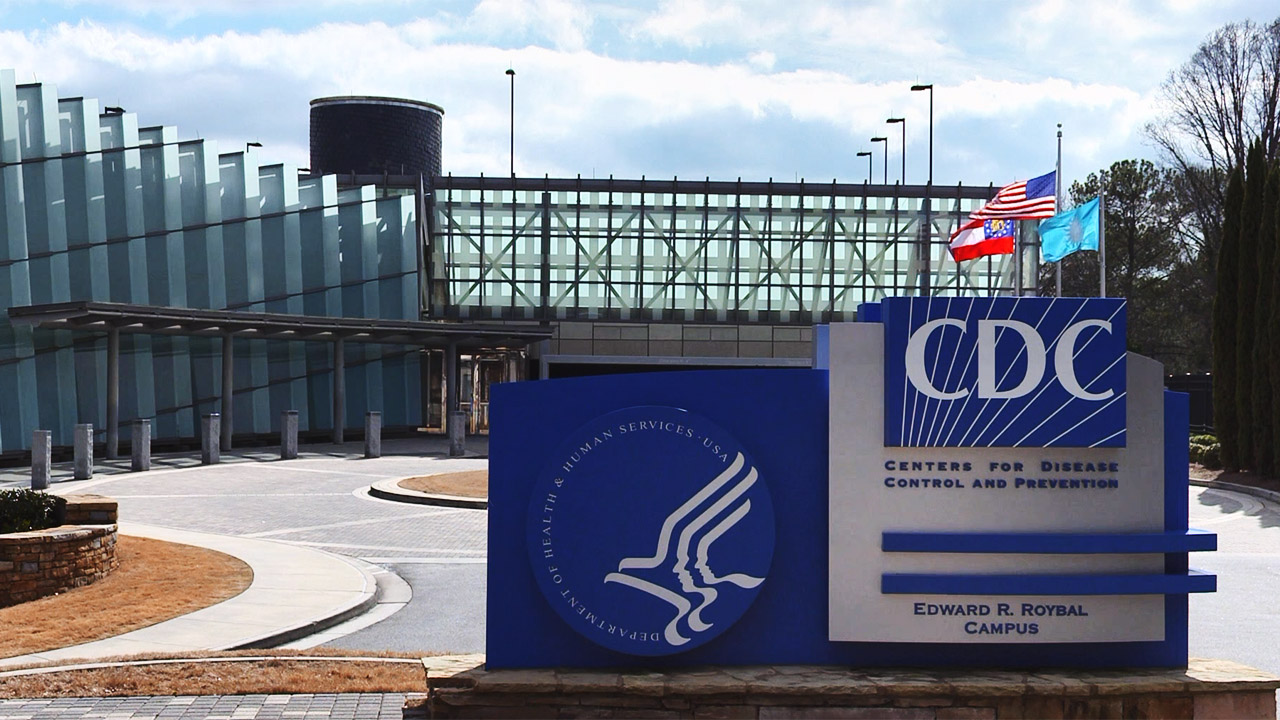
The Centers for Disease Control and Prevention issued a new study report this week that revealed that restricted by employment and housing discrimination and lack of access to needed gender-affirming healthcare for transgender women increasing the risk of contracting HIV.
Researchers reviewed data from a 2019-2020 survey, the National HIV Behavioral Surveillance Among Transgender Women, which found that the demographics of HIV/AIDS have been disproportionally high, especially among Black and Latina trans women, who had experienced employment and housing discrimination coupled with lack of access to gender-affirming healthcare.
The Jan. 25 Morbidity and Mortality Weekly Report was based on data studies of more than 1,600 trans women in seven major urban locales. Participants from Atlanta, Los Angeles, New Orleans, New York, Philadelphia, San Francisco and Seattle were chosen by referrals from people and community-based organizations who knew or were part of the local population of trans women.
The study’s researchers noted: “Employment discrimination occurs at the overlapping nexus of poverty, homelessness, incarceration, health insurance, disability, food insecurity and survival sex work. These issues are interconnected.”
The study stated that trans women’s inability to access quality healthcare, including gender-affirming treatment or access to PrEP, and can expose them to potential incarceration as many turn to “survival sex work” and violence, which increases the risk of contracting HIV.
The study’s author’s pointed out: “When economically marginalized transgender women are refused employment, this refusal cyclically contributes to economic hardships. This analysis …demonstrates the importance of transgender women working and living with dignity and without fear of unfair treatment.”
Health
A Whole New Perspective on Well-Being
The Mather’s team recognizes that everyone’s wellness journey is completely unique to their life experiences and influences.

It’s easy to spot the distinctive, elegant silhouette of The Mather, a Life Plan Community for those 62+ opening this spring in Tysons, Virginia. What is not apparent to the naked eye is The Mather’s unique wellness philosophy, which is literally built into the community.
The Mather’s team recognizes that everyone’s wellness journey is completely unique to their life experiences and influences.
Nature is one of the important factors that contribute to well-being. So The Mather is incorporating biophilic design—a design approach to facilitate access to nature or things that replicate natural patterns. This can include interior spaces with sightlines to a garden, choosing natural wood and stone as interior materials, or incorporating fragrant flowers and plants indoors to spark memories and provide tactile opportunities such as gardening.
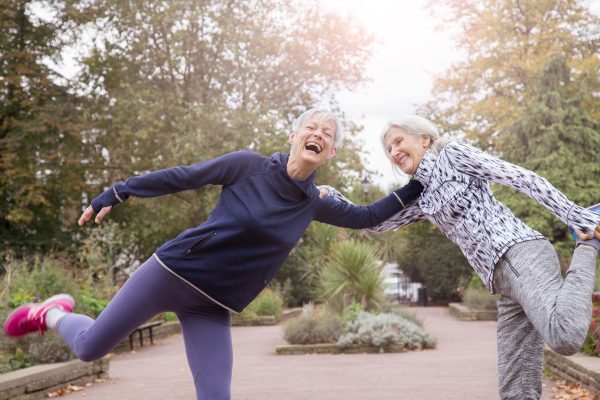
“Providing biophilic design within interior settings connects residents to the natural world,” says Mary Leary, CEO and President of Mather, the organization behind The Mather. “Research shows that a connection to nature provides positive benefits to mental states and overall well-being. At The Mather, biophilic design is the intersection of buildings and programs with nature in an urban setting.”
“The Mather is attracting a diverse group of older adults,” says Mary. “As a result, we aim to incorporate wellness practices from around the world, including Wyda movement theory of the Celtic Druids, which helps people achieve harmony with nature and contentment through mindfulness.” This holistic regenerative approach is similar to Qi Gong and yoga, while born in a different part of the world. Mather Institute has a special focus on mindfulness to support older adults’ practice of present moment awareness, which can lead to increased overall well-being, compassion, and joy.
A very different example of a wellness offering at The Mather is the Gharieni Welnamis spa wave bed, which uses computer-controlled vibrational therapy and audio frequencies to train the brain to relax. “The bed increases mindfulness, concentration, and creativity—all of which support our mission of creating Ways to Age Well,SM” says Mary.
These and other personalized ways to wellness will ensure that residents of The Mather can choose from seemingly countless ways to focus on their well-being. In other words, the sky’s the limit!
-

 State Department2 days ago
State Department2 days agoState Department releases annual human rights report
-

 Maryland4 days ago
Maryland4 days agoJoe Vogel campaign holds ‘Big Gay Canvass Kickoff’
-

 Politics3 days ago
Politics3 days agoSmithsonian staff concerned about future of LGBTQ programming amid GOP scrutiny
-

 The White House1 day ago
The White House1 day agoWhite House debuts action plan targeting pollutants in drinking water


